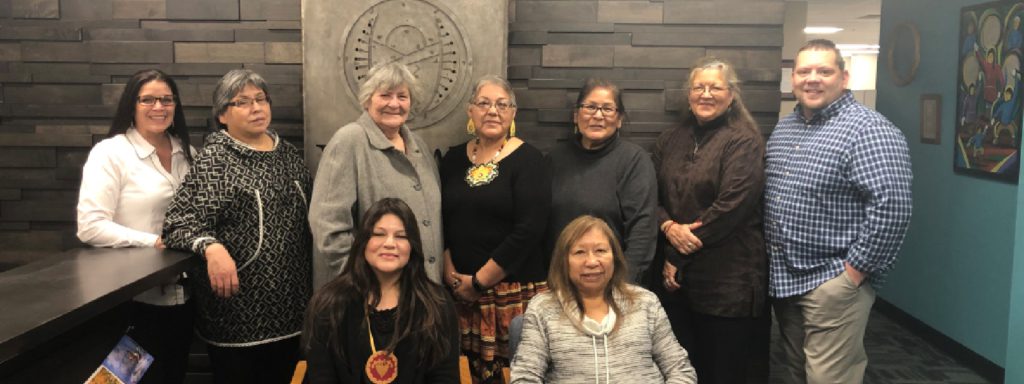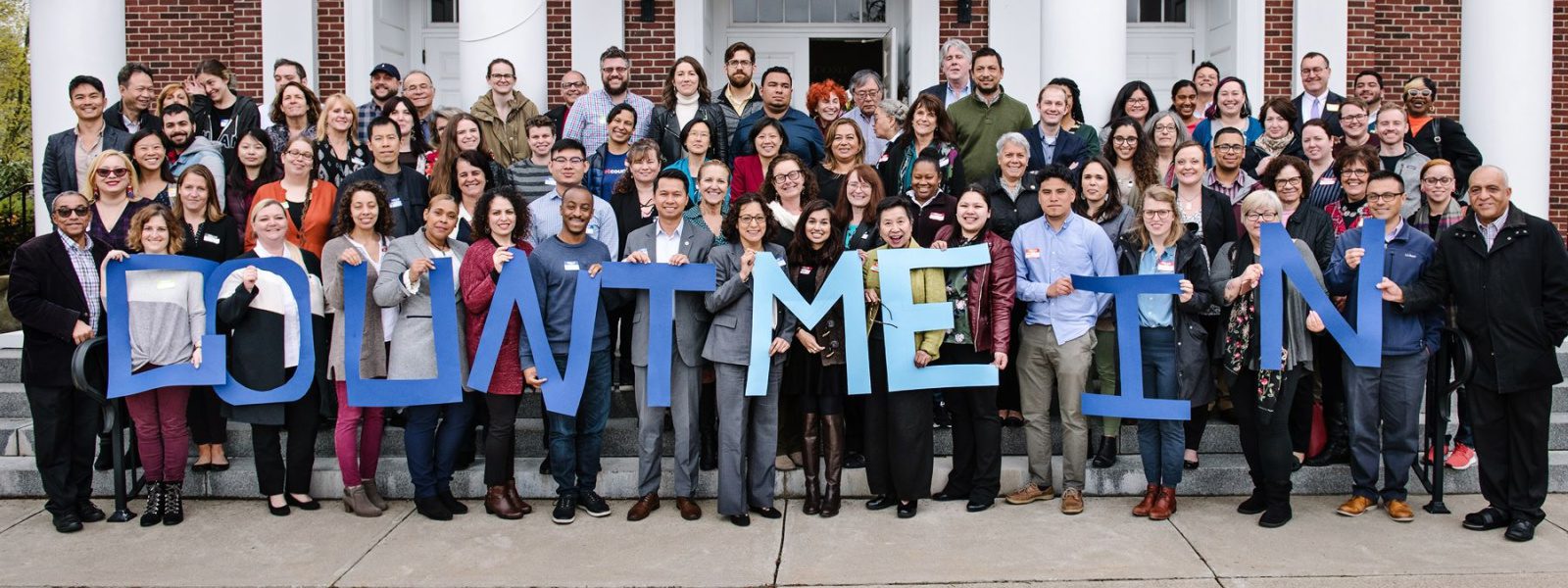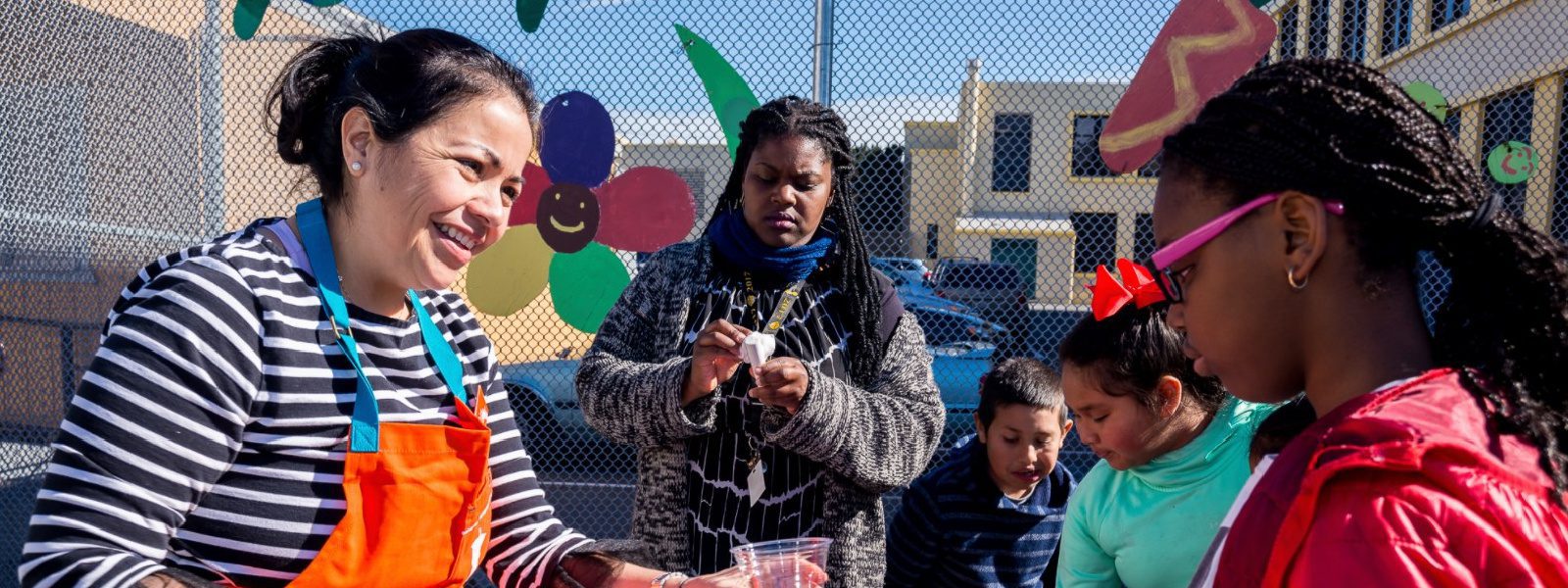The Merriam-Webster dictionary defines voice as “an instrument or medium of expression;” a “wish, choice, or opinion openly or formally expressed;” and “right of expression, also influential power.” As a board member and the public policy committee chair at Independent Sector, the last six months have had me thinking about what it means to have voice. In the wake of the pandemic and the existing disparities that have been exacerbated over generations of marginalized people, having a voice is being included, being seen, having a seat at the table where decisions get made. Having a voice is bringing your lived experience and reality, with all of its complexity and nuance, to bear. It is having the ability to express your grounded expertise and knowledge in context.
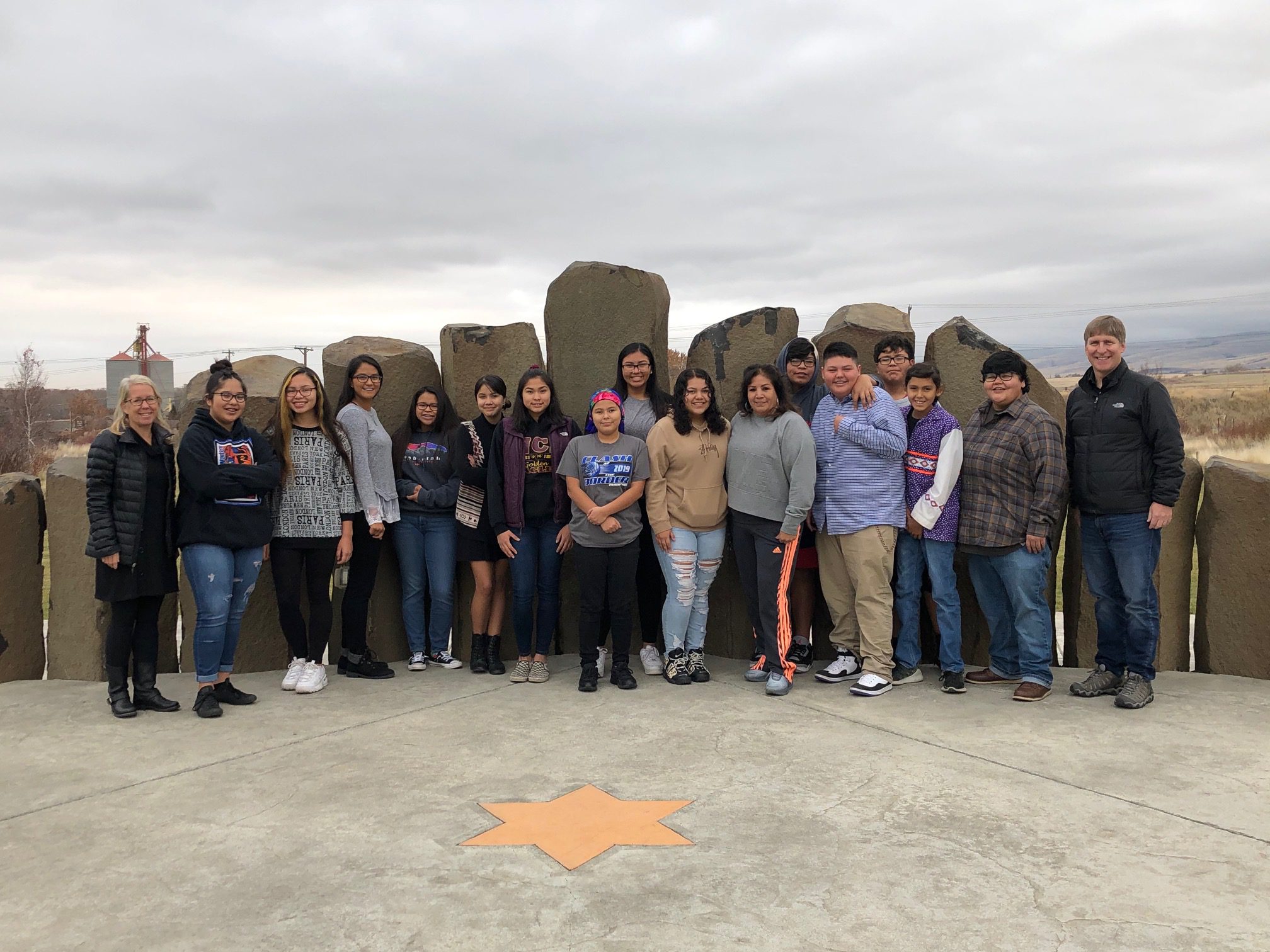 Yet, having a voice begs the question “to what end?” The purpose of having a voice, at a table like Independent Sector’s public policy committee, is to influence the agenda and priorities to disrupt the systemic ways that power and privilege accrue and to create a more equitable and just society, which necessarily requires intentionally addressing the needs of Black, Native, and People of Color as well as poor people and people living in rural and remote places. For me, having voice is about being an activist for community.
Yet, having a voice begs the question “to what end?” The purpose of having a voice, at a table like Independent Sector’s public policy committee, is to influence the agenda and priorities to disrupt the systemic ways that power and privilege accrue and to create a more equitable and just society, which necessarily requires intentionally addressing the needs of Black, Native, and People of Color as well as poor people and people living in rural and remote places. For me, having voice is about being an activist for community.
The values that underlie my voice come from my worldview as an Alutiiq person, a Native person from the Kodiak archipelago in southern Alaska. In a collective society with a widespread understanding that we are interdependent and are responsible for using our gifts and talents to the benefit of the whole, having a voice is an opportunity to advocate for the community. Having a voice is to bring that set of values, that community context, and especially our community-informed solutions to our challenges into the advocacy arena. Notably, from this culturally and community-informed perspective, the definition of “success,” the desired outcome from addressing our challenges, may even look different for different populations.
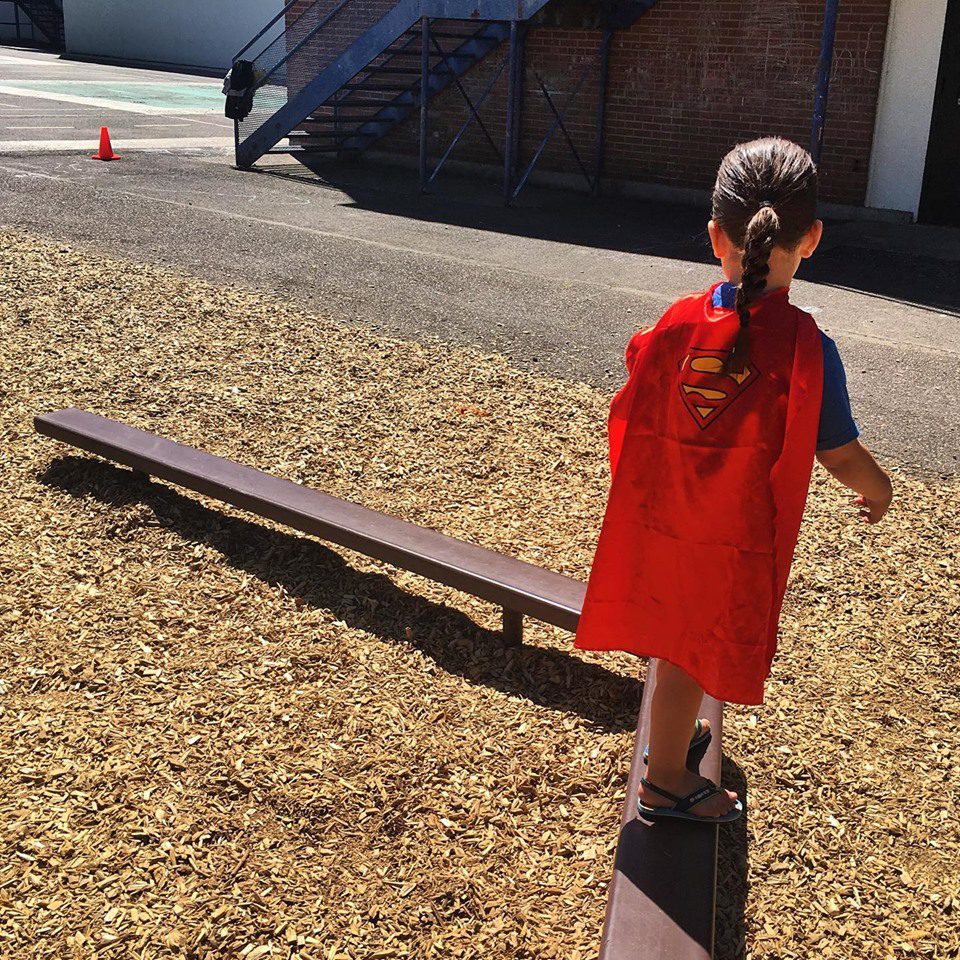 For example, in research that my organization, the National Indian Child Welfare Association, has done with Native communities, we learned that important components of the definition of a “healthy and well Native youth” are not only education and physical health, but also community-mindedness and knowing the protocols for interacting with elders. In any policy conversation aimed at advancing community well-being, I bring that definition of what success looks like, and I use my voice to advocate for solutions that help to produce the more nuanced understanding of youth well-being that many Native communities hold.
For example, in research that my organization, the National Indian Child Welfare Association, has done with Native communities, we learned that important components of the definition of a “healthy and well Native youth” are not only education and physical health, but also community-mindedness and knowing the protocols for interacting with elders. In any policy conversation aimed at advancing community well-being, I bring that definition of what success looks like, and I use my voice to advocate for solutions that help to produce the more nuanced understanding of youth well-being that many Native communities hold.
As I said, one of the advocacy tables at which I sit is that of Independent Sector’s public policy committee. Historically, and indeed as recently as advocacy around initial COVID-19 relief and recovery legislative proposals of earlier this year, Independent Sector’s advocacy has been informed primarily by large, predominantly White nonprofit organizations, and our defensive and proactive policy positions reflected that. But now, in this time of health, economic, and racial crises, Independent Sector is boldly exercising leadership to proactively create policy proposals and priorities that advance the needs and interests of a much more diverse group of communities and organizations. It was the voices of many Independent Sector member organizations, board members, and staff that facilitated this change.
In May 2020, Independent Sector and our partner KABOOM! created the Nonprofit Infrastructure Investment Advocacy Group (NIIAG). This forward-looking, diverse coalition represents an entirely new way of doing business at Independent Sector. This body engages and represents nonprofit leaders who have never traditionally sat at our table, never had a voice in our public policy work. The collective voice of these many diverse leaders speaks to the issues from many community perspectives, and ultimately strengthens the work we do, bringing richer context and nuance as well as the potential for collective power and allyship.
The NIIAG is both building a case about the importance and urgency of investing in our civic and community infrastructure – not just the roads and bridges infrastructure we traditionally think of – and building out a broad, new policy agenda that is aimed at helping our communities rebuild to a place that is better than before we encountered the health, economic, and racial crises of 2020. Advancing the policy priorities of the NIIAG is a core focus for IS in 2021, and we are excited to see a number of other coalitions and sector leaders aligning behind that agenda. At Independent Sector, we’ll be using our voice to advocate to strengthen civil society and ensure that all people in the United States thrive.
Sarah Kastelic is the executive director at the National Indian Child Welfare Association and serves on Independent Sector’s Board of Directors.
